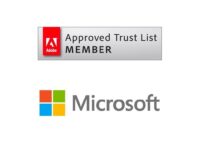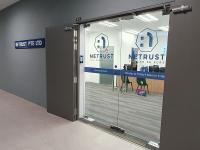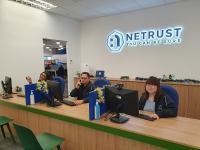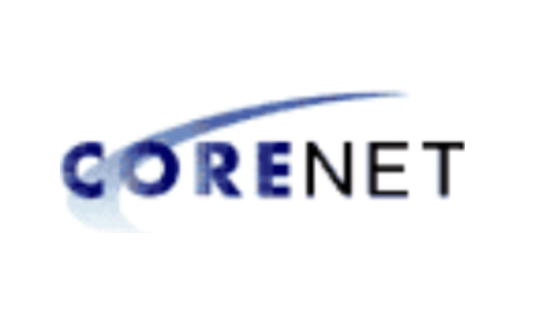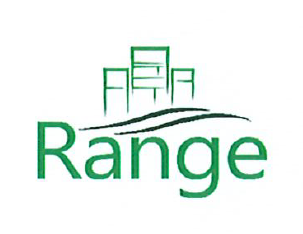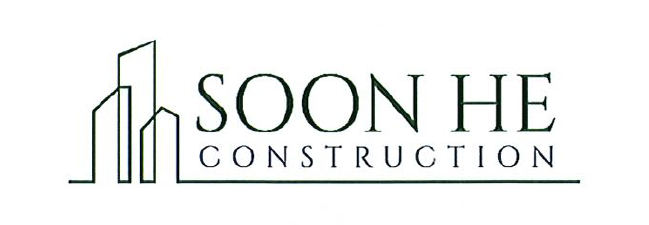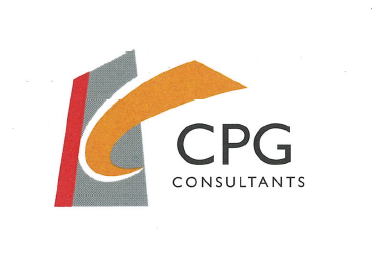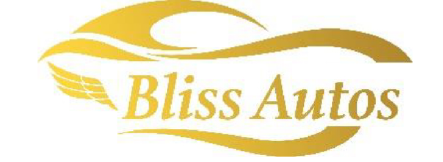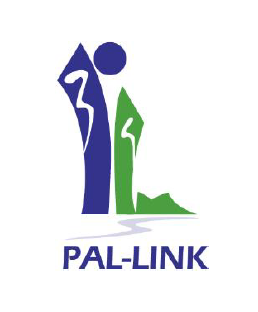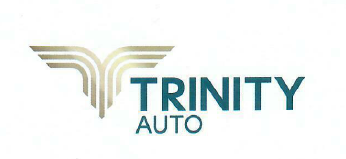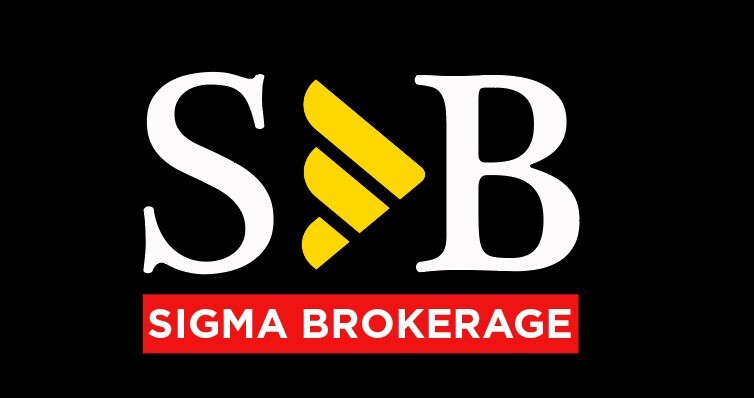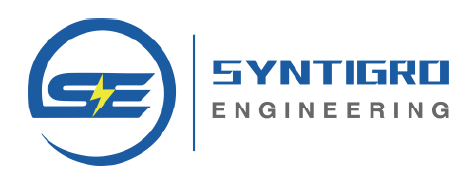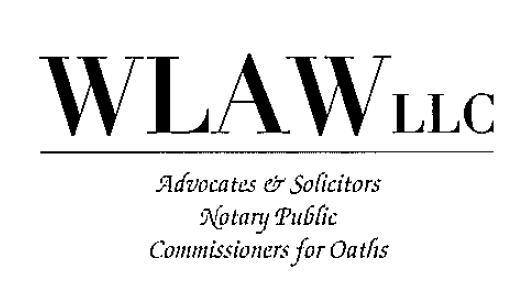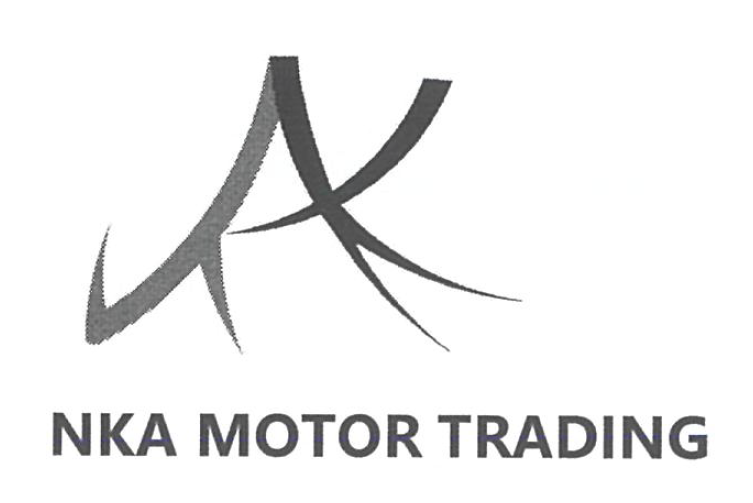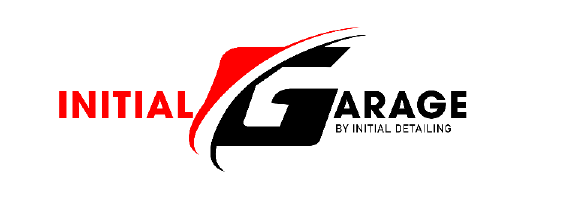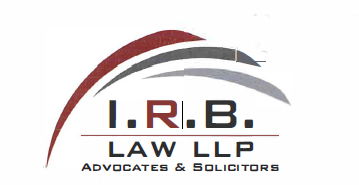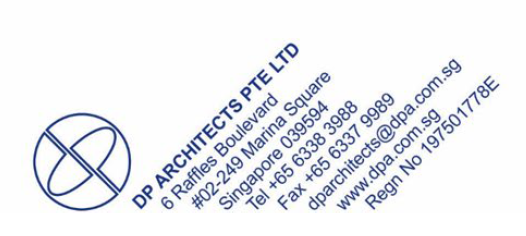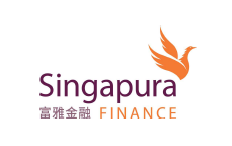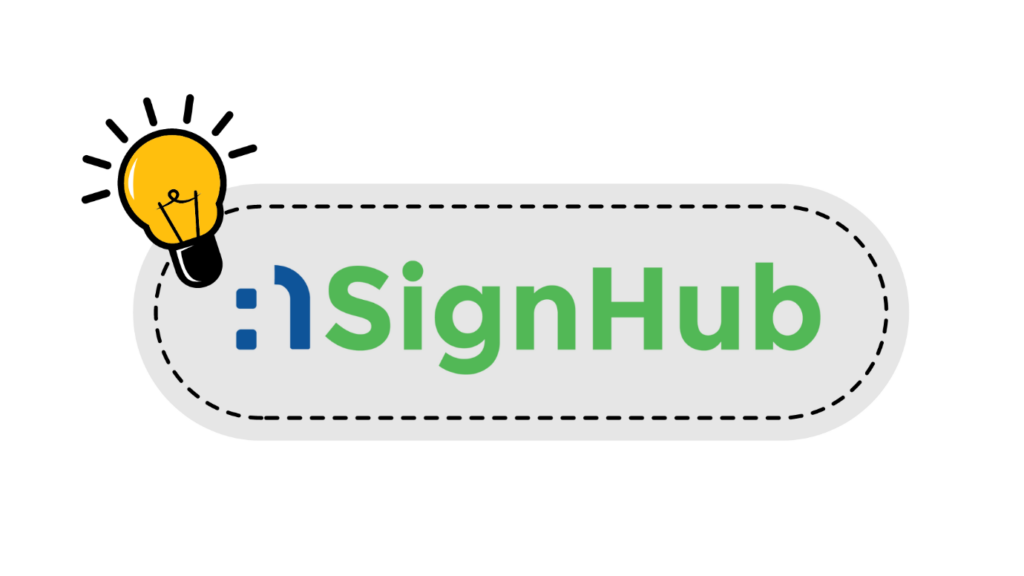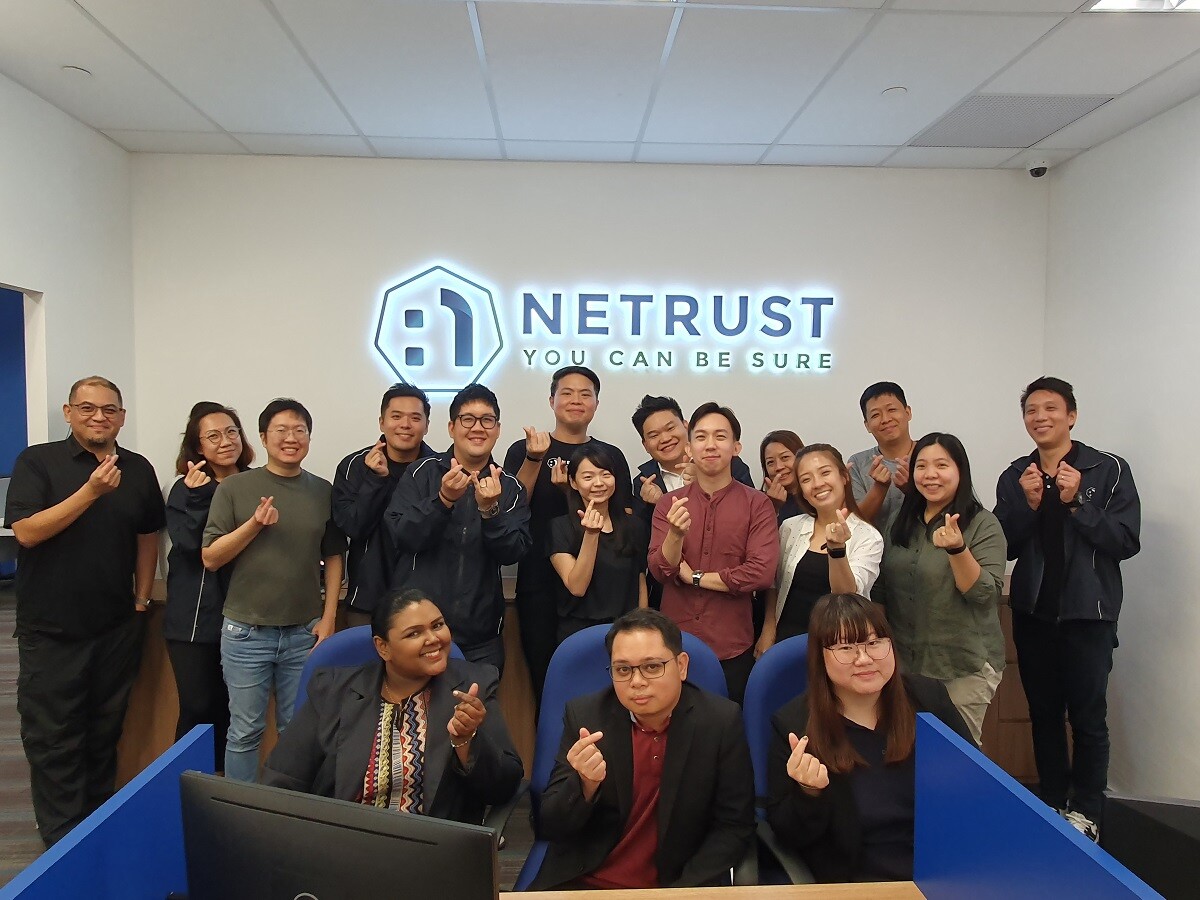nSign
Digital Signing Suite
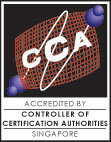


Digital Signing Solutions For Your Every Need
nSign Digital Signing Suite contains out-of-the-box to highly configurable digital signing solutions for organisations, employees and individuals.
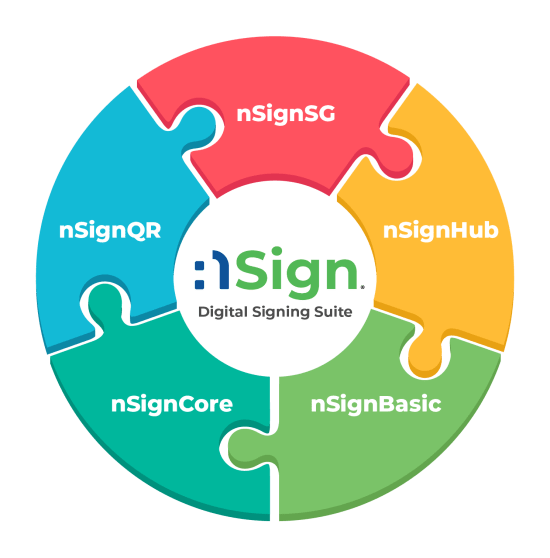
Building A Secure World In The Digital Age
Years of Experience
Documents Signed
Clients Served
Our Customers
Our Solutions


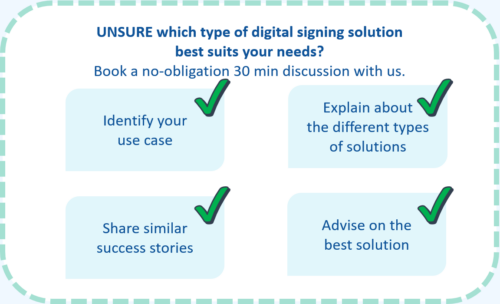





Rated 4.9  on
on 




Netrust Is A Partner Of The Following Organisations/Technology

Documents That Benefit From Digital Signatures

Netrust – A Leader In Cybersecurity
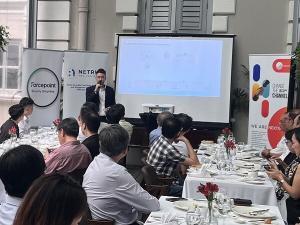
Netrust collaborated with Forcepoint and NEXTGEN to conduct an in-person lunch workshop for our clients. We shared about how Forcepoint’s streamlined solution for hybrid workforce security keep people and data safe without compromising productivity.
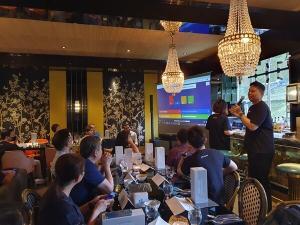
Netrust and Thales shared about trusted identities with solutions that use PKI and attaining central and uniform deployments of data protection solutions.

A luncheon which cybersecurity leaders and experts get together to discuss and understand the latest trends, landscape and thought leadership regarding cybersecurity.
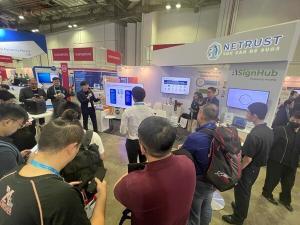
Netrust exhibited at GovWare, the region’s premier cybersecurity event attended by policymakers, cybersecurity leaders and cyber practitioners. We showcased our cutting-edge solutions that establish trusted identities as well as secure your documents and business processes.
Netrust ESG Efforts
Netrust is committed to creating a sustainable future for our business and caring for the communities in which we operate.
We conduct our business in an socially responsible manner.
#NetrustGivesBack
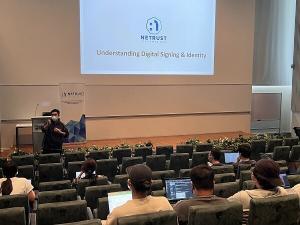
#NetrustGivesBack by enriching the next generation. We were invited by Republic Polytechnic to share about “Digital Signing & Identity with your Singpass” to their students from School of Infocomm.
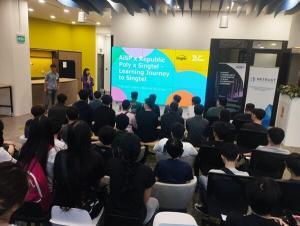
Netrust was invited as one of the presenting companies to share about “Understanding Digital Signing” to local polytechnic students.
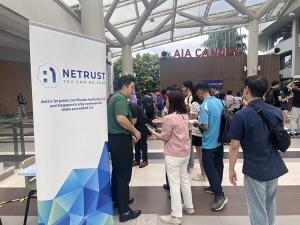
Netrust was invited by NTU to participate in their Cyber Security Day where we shared about “Digital Signatures – Securing Documents in the Digital Age”.

We spread a little Christmas Joy by gifting Christmas party packs to Brighton Connection’s beneficiaries and their families.
Company Profile
Other than digital signing, Netrust also works with other partners to provide a comprehensive range of cybersecurity services.
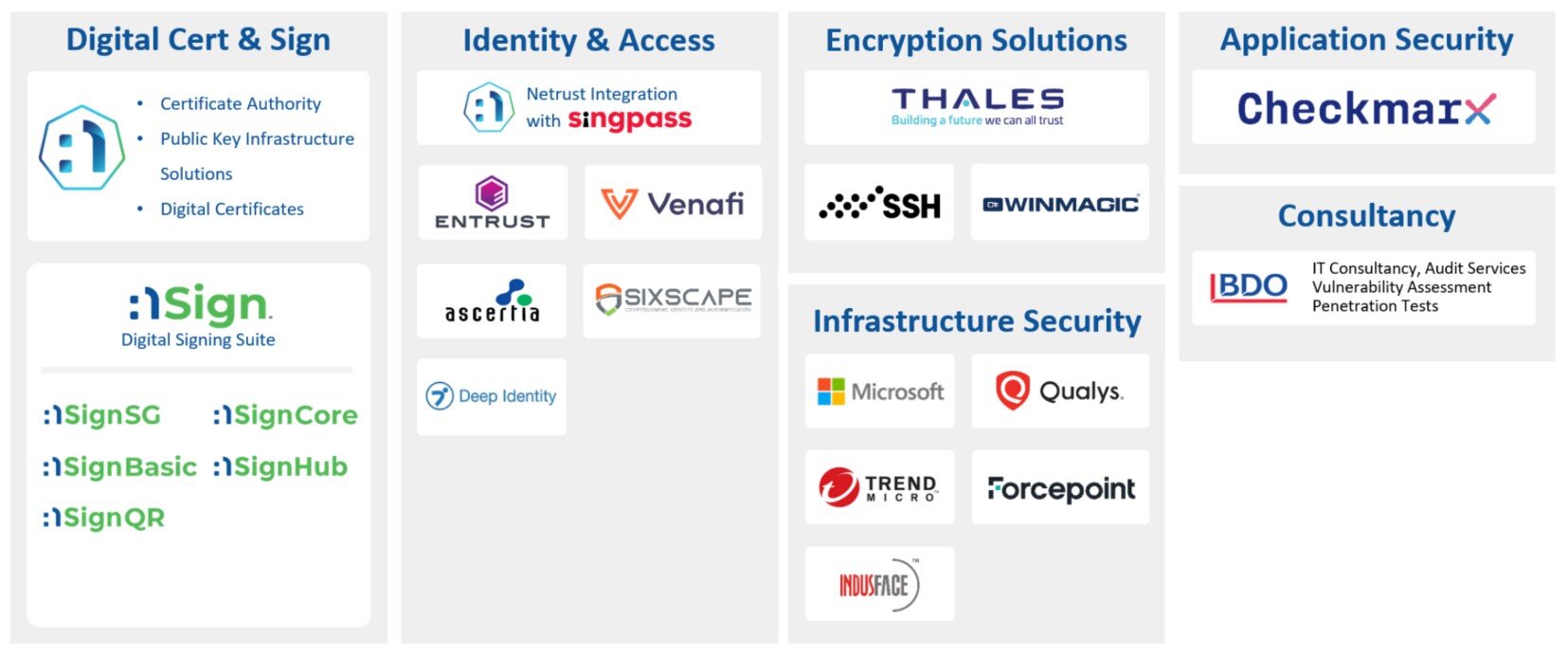

Related Blog Posts About Digital Signing
FAQ
What are the differences between an electronic signature and a digital signature?
Typical examples of e-signatures can be a type-written signature, drawing the signature using your mouse or stylus or uploading an image of a handwritten signature.
A digital signature on the other hand, uses a mathematical technique (asymmetric cryptosystem and hash function) to create an electronic signature that can be digitally validated to prove the authenticity and integrity of a message, software or digital document.
Are electronic signatures and digital signatures legally binding?
The answer to this is that it depends on the legal system of a particular jurisdiction. In the case of Singapore, both electronic signatures and digital signatures are considered legally binding under the Electronic Transactions Act (ETA) although there are certain documents (e.g., wills and mortgages documents) which are excluded under the act and still require wet-ink signatures.
The ETA also stipulates that a secure electronic signature, which is an electronic signature that meets certain criteria be given legal presumption in the court of law of Singapore.
An interesting point to note is that a digital signature created by Netrust issued digital certificates (nSignBasic Individual) fulfil the criteria to be a secure electronic signature.
More information about the ETA of Singapore can be found at the Singapore Statutes Online website.
How do we validate documents signed electronically?
For e-signatures created using e-signature workflow systems, audit trails of information (e.g., timestamp of the e-signature request, IP address of the user who requested the e-signature, browser the user was using at the point of an e-signature, etc.) are typically kept as evidences to be used to validate the e-signatures.
For documents digitally signed by digital certificates issued by a trusted Certificate Authority (CA), for example, Netrust, they can be easily validated using widely used document readers like Adobe Acrobat Reader for the case of a PDF document or Microsoft Word for the case of a Word document.
These widely used document readers maintain their own lists of trusted CAs which automatically trust documents digitally signed by the certificates issued by them.
CAs need to fulfil certain criteria set by the respective document reader manufacturers before they can be added to the respective list of trusted CAs.
Some examples of CA trust programs are Adobe Approved Trust List and Microsoft Trusted Root Program.
What is digital signing?
Digital signatures work like online ‘fingerprints’ to securely connect a person with a digital document. These are a specialized kind of electronic signature, but with higher safety. When you digitally sign, you use a unique coded message to link you with the document, creating a secure record. It’s similar to a written signature but safer, thanks to encryption. This assures your document isn’t altered when it’s sent, and it confirms your identity, just like a real fingerprint. So, in the digital world, digital signatures are key for security and preventing fraud.
How do I create a digital signature?
Creating a digital signature typically involves a process supported by a Digital Signature Application Provider (DSAP), like Netrust, or other types of software that offer digital signing capabilities. Here are the general steps:
- Purchase a Digital Signature Certificate: This is typically issued by a Certification Authority (CA), like Netrust. The certificate contains information about your identity, similar to an ID card. It’s important to keep your Digital Signature Certificate secure to prevent misuse.
- Install the Digital Signature Certificate: You’ll usually receive instructions on how to install your certificate from the CA. This typically involves downloading a file and importing it into the software you’ll be using to apply digital signatures.
- Apply the Digital Signature: The process for applying the signature will depend on the software you’re using. In general, you’ll select the option to digitally sign the document, choose the digital signature certificate you’ve installed, and then follow the prompts to apply the signature.
It is worth noting that Netrust now supports Sign with Singpass. This innovative solution allows users to digitally sign documents using their Singpass app, without the need for any additional software or certificate installation. This makes the process even simpler and more accessible for everyone. For more detailed instructions or queries, feel free to reach out to Netrust.



